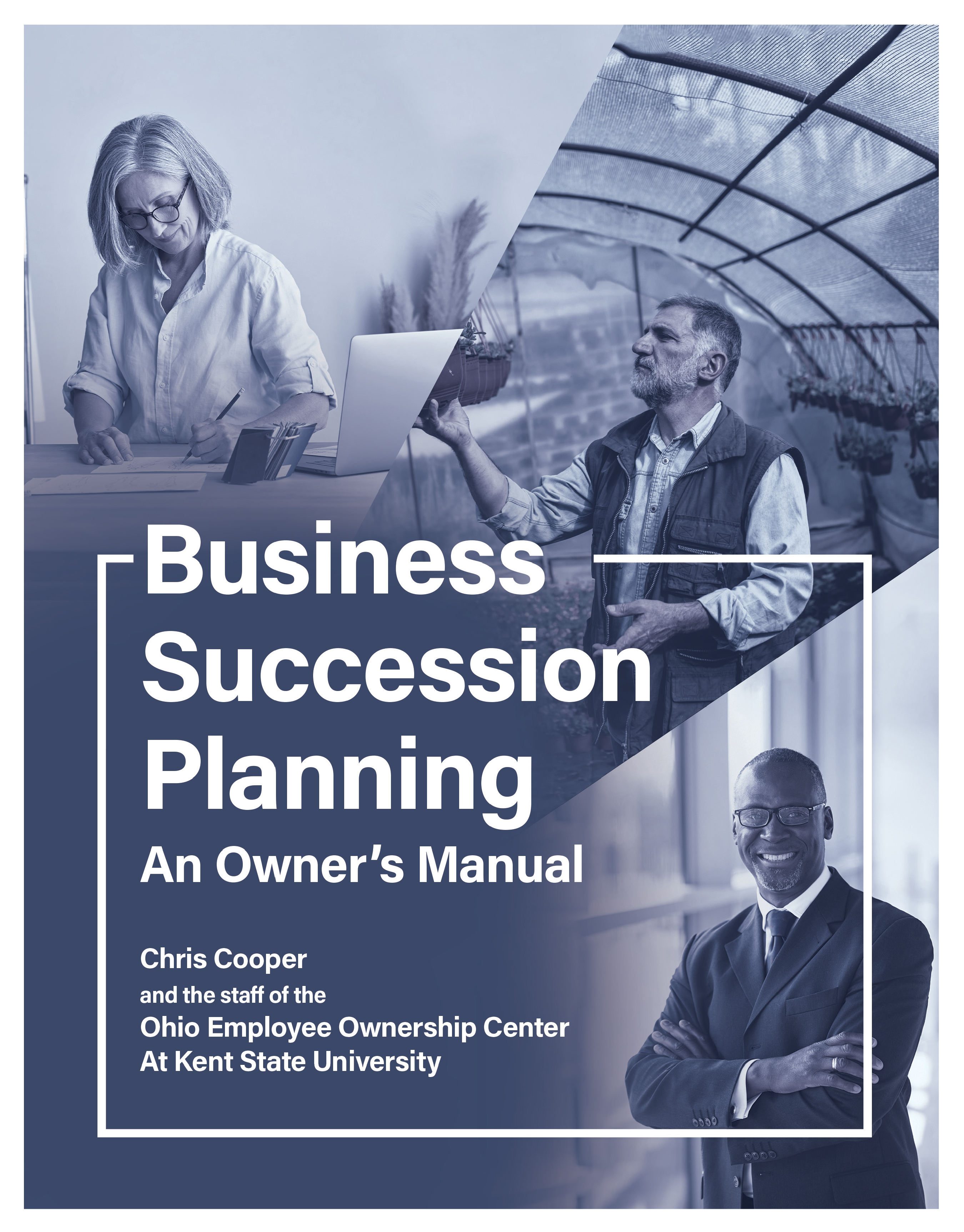




The Ohio Worker Ownership Network (OWN) is a broad coalition of support organizations across the state of Ohio committed to creating broadly shared prosperity for all Ohioans through the development of cooperative and worker-owned enterprises. OWN currently has 10 member organizations located in every region and major metropolitan area within Ohio.
OWN members have decades of experience in creating worker-owned businesses. We know our communities, and we have developed direct relationships with business owners, economic development practitioners, public officials, and other community-based organizations. We have helped create numerous worker-owned businesses, developed best practices, and learned lessons in the most meaningful way possible – through real world practice.
The impetus for creating OWN is built on the insight that to truly move the needle and bring the employee-ownership sector to scale, what is needed is a unified approach that pools the resources of multiple organizations and institutions in a more systematic way - and connects existing support organizations to each other.
The groundwork has already been laid, but we recognize that achieving our goals requires expanding our network’s capacity and size by developing formal partnerships with state and local governments, economic development practitioners, nonprofits, and other private sector actors who share our goal of creating an economy that works for all.
As detailed in our newly released report Building Legacies: Retaining Jobs and Creating Wealth Through Worker Ownership, Ohio is currently facing 3 key economic challenges.
1. Baby-Boomer Business-Owners Set to Retire in Massive Numbers
In Ohio, baby boomers own 54% of businesses, representing 94,000 firms employing 2.6 million workers. Though more than half of these business owners plan to retire in the next decade, 80% do not have a formal succession plan. And, when put on the market, only 1 in 5 businesses actually sell..
2. Workers Face Low Wages and Instability
Today half of workers aged 18-64 earn a median annual income of only $17,950. Poorly paid, insecure employment is growing, and women and people of color are disproportionately represented in low-wage industries.
3. Wealth Inequality is at Historic Highs
Since 1980, the share of income going to the bottom 50% of earners has halved, while the share going to the top 1% has doubled.
The need for economic development strategies that treat business retention, work precarity, and economic inequality, as inextricably linked has never been greater.

In our new report Building Legacies: Retaining Jobs and Creating Wealth Through Worker Ownership we outline how decades of research and experience demonstrate that worker ownership is a proven economic development strategy that can retain and strengthen businesses, create dignified family-sustaining jobs, and provide real wealth-building opportunities for individuals and communities.
There are clear benefits that worker ownership offers:
Using the interactive map (below) explore the economic impact that baby-boomer business-owner retirements will have on your community and see what OWN members can serve your community.
Use the the OWN Member Directory (below) to contact an OWN member in your region to learn more about how employee ownership can be used as an economic development strategy in your community.
Consider joining OWN or partnering with us to expand employee ownership in your community.
Small businesses are the backbone of our economies, and our economic future is dependent on what happens to them. Over half of all private businesses in Ohio are owned by businesses owners who plan to retire in the next decade. Proactively responding to this ongoing economic shift in the business landscape should be a high priority for any organization or institution concerned with community and economic development.
A lack of succession planning is one of the leading causes of preventable job loss and business closure. Timely succession planning is extremely important and worker ownership provides a flexible succession planning option that benefits workers, selling owners, businesses and communities.
Use our interactive map to explore how your community will be impacted by baby-boomer business owner retirements.

Begin your succession planning process by making use of resources designed to help you create your plan.

Chris Cooper and Michael Palmieri of the OEOC, along with Pete Shuler of Blue Ridge co-authored an article "Succession Planning, Employee Ownership, and Baby Boomer Business Retirements" in the Economic Development Journal published by the International Economic Development Council (IEDC).
In it, we outline what we see as the two biggest economic challenges of our time: the impending wave of baby boomer business owner retirements and growing wealth inequality. We highlight how the sale of companies to employees is a powerful, yet often overlooked, succession planning option that meets these dual challenges head on.